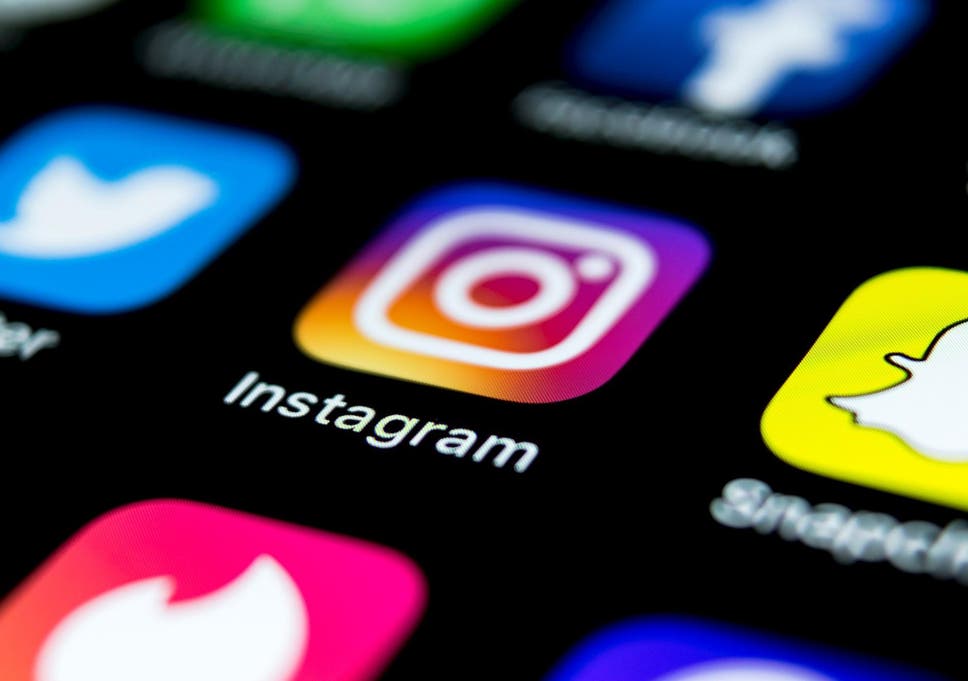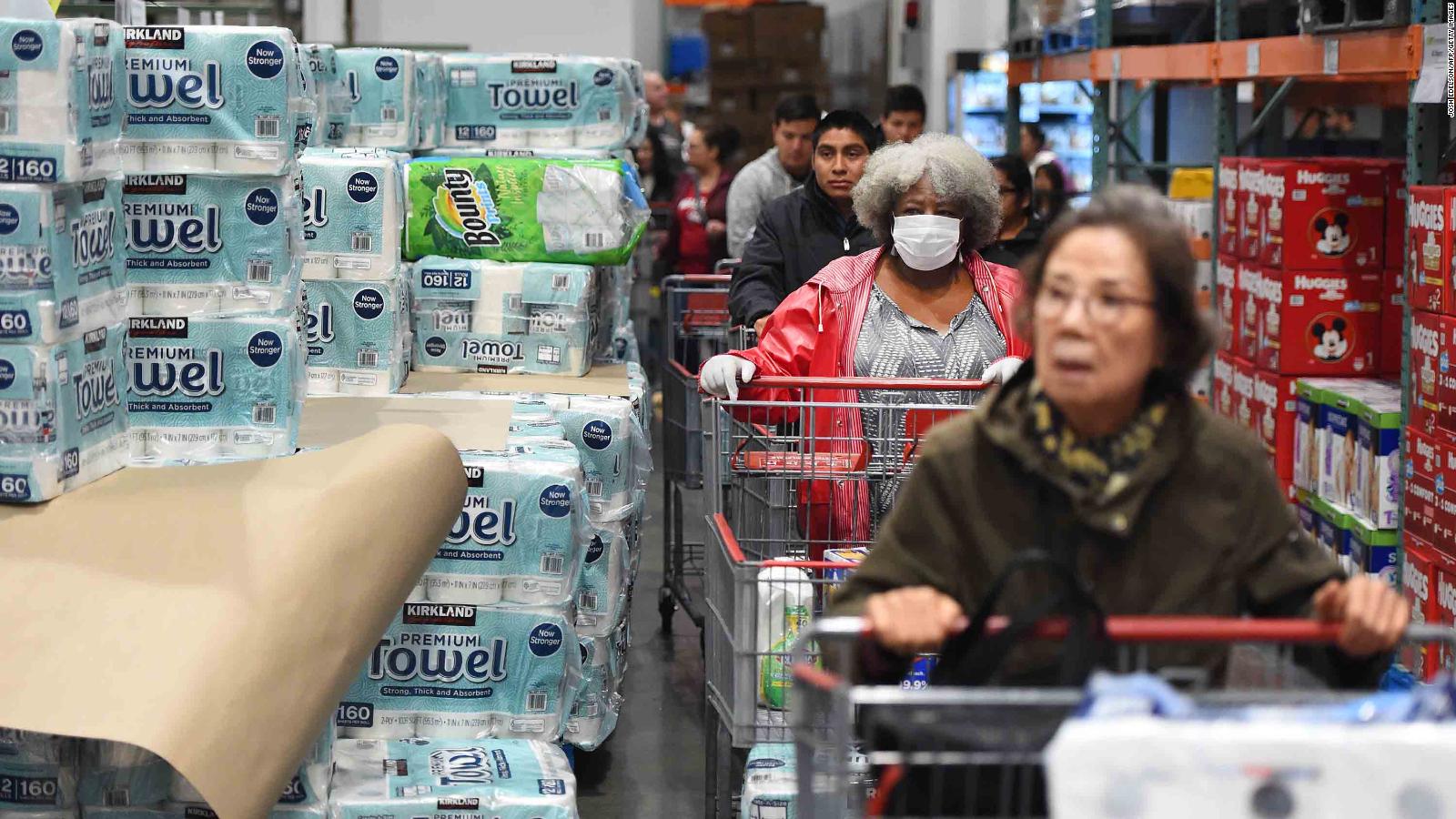Clayton Kershaw After giving up a Home Run in game 5 of the 2017 World Series
So What Should Be Done?
By Ethan Kelly
So I ask a simple question today…what should we do about the Houston Astros?
For those of you who don’t know, they cheated at baseball.
And not just a little bit; they cheated themselves right into the World Series.
First of all, I must confess that I feel like I have a personal stake in this conundrum
because I spent my first sixteen years in Southern California and my heart roots for
the Dodgers, and it is my team that was directly affected in the 2017 World Series by
the Astros cheating to win their home games. I realize that it is a far-fetched notion that
the results of the 2017 World Series be either overturned or played over so I will dispense
with that frivolous dream. Instead, I will focus on the actual players who were involved in
the Houston Astros cheating scandal. And for the record, the vast majority of the players
from the 2017 season are still on the Astros roster.
Cheating in baseball in not an isolated incident, and since Major League Baseball in one form
or another has been ongoing even before California became a state, 1850, there are plenty
of examples of baseball scandals to choose from. Many involve members of the team that
were not actual players – managers, owners, former players, etc. – and it is my intention to
steer away in this blog from people who were not actually playing the game. It is my
contention that Major League Baseball has chosen to allow the players of the Houston
Astros to get away with it. Let’s look at the facts. In 2016, the Houston Astros’ batters had
one of baseball’s worst strikeout to walk or hit ratio in baseball. As a result, the team finished
in third place in the American League West Division. As the 2017 season rolled around,
players and some coaches on the team, realizing that the team’s abysmal strikeout penchant
would keep them close to mediocrity once again, decided to do something about it.
Several methods were employed, including stealing signs from the opposing catcher and
relaying them to the batter, and I must say that this method has been utilized by teams since
baseball began.The difference is that the Astros took their desire to cheat – and thus cutting
down the batters’ striking out so often – to a whole new and illegal level. After all, baseball
has been aware of sign stealing forever and has instituted a few rules to combat it.
Nonetheless, the Astros decided that they needed the help, and since they were all very
good players, even a couple of stars of the game mixed in, no one would be the wiser.
https://www.cbssports.com/mlb/news/astros-sign-stealing-scandal-what-to-know-about-mlbs-penalties-against-houston/
What the Astros did not know is that they would eventually be caught, which they were,
and that players, coaches and other ancillary staff many times pick up and move to other teams.
And let’s face it…it is either too difficult to keep one’s mouth shut or too tempting to institute the
same cheating methods when with one’s new team. And this is exactly what happened.
In the end, when Major League Baseball discovered what the Astros had done during the
2017-2018 season, they reacted quickly and publicly. However, in my opinion, after deciding
to punish the manager and the coaches from the team by suspending them from baseball for
one year in most cases, they decided to allow the players to receive a public rebuke and literally
nothing else.
Now I must admit that the Major League Players’ Association is one of the strongest unions that
exists in our country and for them, it’s all about protection of their players. And while I understand
that, I also recognize that this scandal goes well beyond your standard run-of-the-mill transgression.
As previously stated, the team made it all the way to the World Series in 2017, and if we count
in the seven games of the World Series, the dozen or so playoff games to get there and the
teams that the Astros played along the way to get to post-season, we are talking about a
tremendous amount of games and a bunch of teams that got cheated out of their chance at
the post-season.
So let’s look at other player-involved scandals where Baseball stepped in and made not just loud
statements, but suspended or outright banned the players involved. And I include these examples
particularly because it is my feeling that the punishment of the Astros players – or lack thereof
– is woefully absent from this story and that if I were the Commissioner of Baseball, I would have
come down much harder on the players involved. And as you can see, plenty of people agree with me.
Let’s go with the most famous cheating scandal first; not just because it is the easiest to cite,
but because it is something that is most analogous to the 2017-2018 Houston Astros, cheating.
Or more precisely, throwing games. This was the 1919 Chicago Black Sox scandal.
Now of course the team was called the White Sox, but in 1919 the Chicago White Sox
did something unusual for that team, they went to the World Series to play the Cincinnati Reds.
Of note is that unlike every other World Series of its time or since, Major League Baseball
decided to go that year with a best of nine format. It was felt that the game of baseball was
not as popular as it would become in subsequent years when teams like the Yankees, Cardinals
and Red Sox rose to prominence. In a nutshell, a powerful gambling syndicate approached several
players, among them the big star of the day Shoeless Joe Jackson, and offered to pay them a
staggering amount of money for the day, and numerous players took the bribe and deliberately
played so poorly that Cincinnati prevailed. The story has its twists and turns, but the bottom line
in this case is that once you cheat, it will follow you around and won’t let go until you wind up paying
for it in the end. The “Black Sox” scandal was no different than many others. The players denied it,
the owner shrugged it off and the general public had essentially moved on, but the rumors kept flying.
And by the 1920 season, law enforcement got involved and a Grand Jury was formed.
Although the players implicated were acquitted, the newly appointed Commissioner of Major
League Baseball, Judge Kennesaw Mountain Landis, would not sit by silently and permanently
banned all eight players who had been fingered in the cheating probe.
The Pittsburgh Pirates 1985 drug trials is another interesting case where players were involved in
violating Major League Baseball’s rules and were suspended from the game. Drug use in our society
in general in the mid ‘80s was rampant, and the dangerous practice of drug use had infested baseball,
as well. Cocaine and methamphetamines were the culprits, and players were known to use it before
games, after games and even during games, and many players were actually providing it to their
teammates. Because drug usage in the United States at that time was illegal and transcended the
game, it became a criminal probe, and law enforcement and a Grand Jury became involved, and the
result was numerous trials of over a dozen players and it was the big baseball scandal of the day.
As a result, Baseball Commissioner Peter Ueberroth instituted suspensions to eleven players, and
although the suspensions were eventually reduced to fines and/or community service, these violations
of baseball’s rules were not ignored or overlooked.
And finally, I will speak of what is simply known as the 1876 Game Throwing Incident.
This involves a scarcely known team named the Louisville Grays, a team which folded soon
after this long forgotten incident. It seems gambling and the promise of a big payoff can overwhelm
a player who in the 1870s was not making even close to the professional sports salaries of today.
And once again, major sports gambling approached vulnerable players and offered to pay them sums
far beyond what they were earning to simply play a sub par game, and some did. In the end, as word
got out that players on the Grays had done their very best to make certain that their team would lose
enough games – at one point thirteen in a row – to remove them from post-season contention,
Major League Baseball took action. Four players were banned from baseball, and although it was felt
at the time that the ban would not last, these four were never reinstated. One star pitcher at the time,
with one of the very best earned run averages in baseball, and with no further prospects to play baseball
at the highest level, decided to join the Philadelphia Police Department.
Three stark examples of cheating in baseball where the baseball community itself took steps to punish
the players involved and allow them to serve as an example to players and teams everywhere that cheating
to affect the outcome or image of the game will not be tolerated. In some cases, players served their suspension
or punishment and returned to the game, and of course in the most severe and outright suspensions, players
left the game they loved in disgrace and were never to be heard from again.
In the final analysis, although the game of baseball has been tarnished and numerous coaches have been
both suspended and fired from at least three teams directly related to the Astros’ 2017-2018 cheating scandal,
it is my opinion that that is not enough. As has been stated previously, the players come away from this debacle
completely unscathed and unpunished, and that seems very inadequate to me. I of course wish nothing bad to
happen to the current players on the Houston Astros team. Players around the two leagues have been
forewarned that throwing at Astros players or harming them in any way will be looked upon very unfavorably,
and that is all well and good. But Major League Baseball should take the bull by the horns and handle this
issue themselves. Like every other team that has been tainted by scandal, the public and the players alike
were allowed to witness firsthand what happens when one cheats, and just as in real life, seeing your fellow
man called to question or taken to task for violating the very rules that they must live by is the greatest example
of how not to violate the rules themselves. And in my humble opinion, that will be the best way for baseball to
retain its image as America’s greatest pastime
END NOTE: I don understand this is very long, I seemed to be able to write about this very easily, I am sorry.
I also tried to fix the structure of my essay in blogger and change randomly different font sizes so many times
and it would not update correctly after multiple attempts. Again sorry for this inconvenience.
Sources:
https://www.espn.com/mlb/story/_/id/28507148/survey-fans-want-astros-players-punished-sign-stealing-scandal
https://www.history.com/news/the-black-sox-baseball-scandal-95-years-ago.
1877 Louisville Grays scandal






